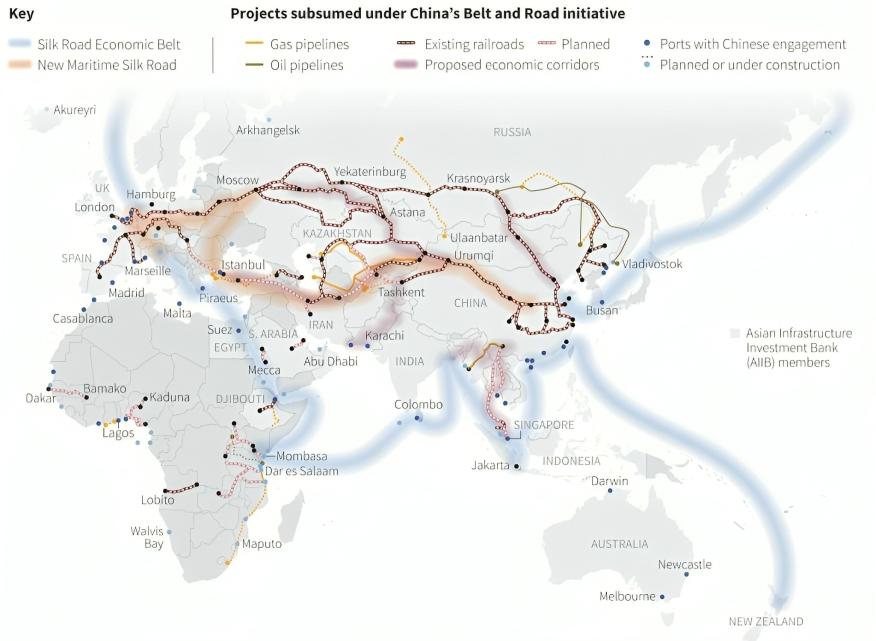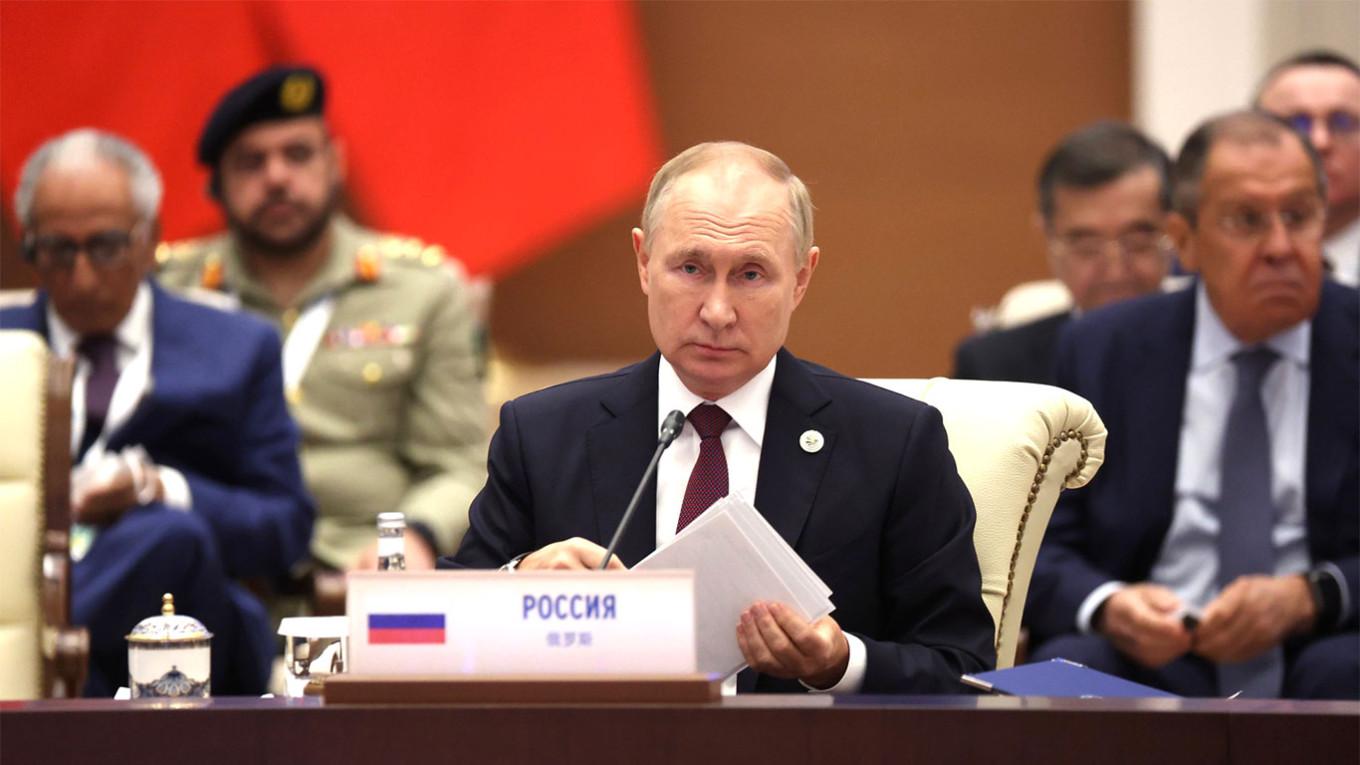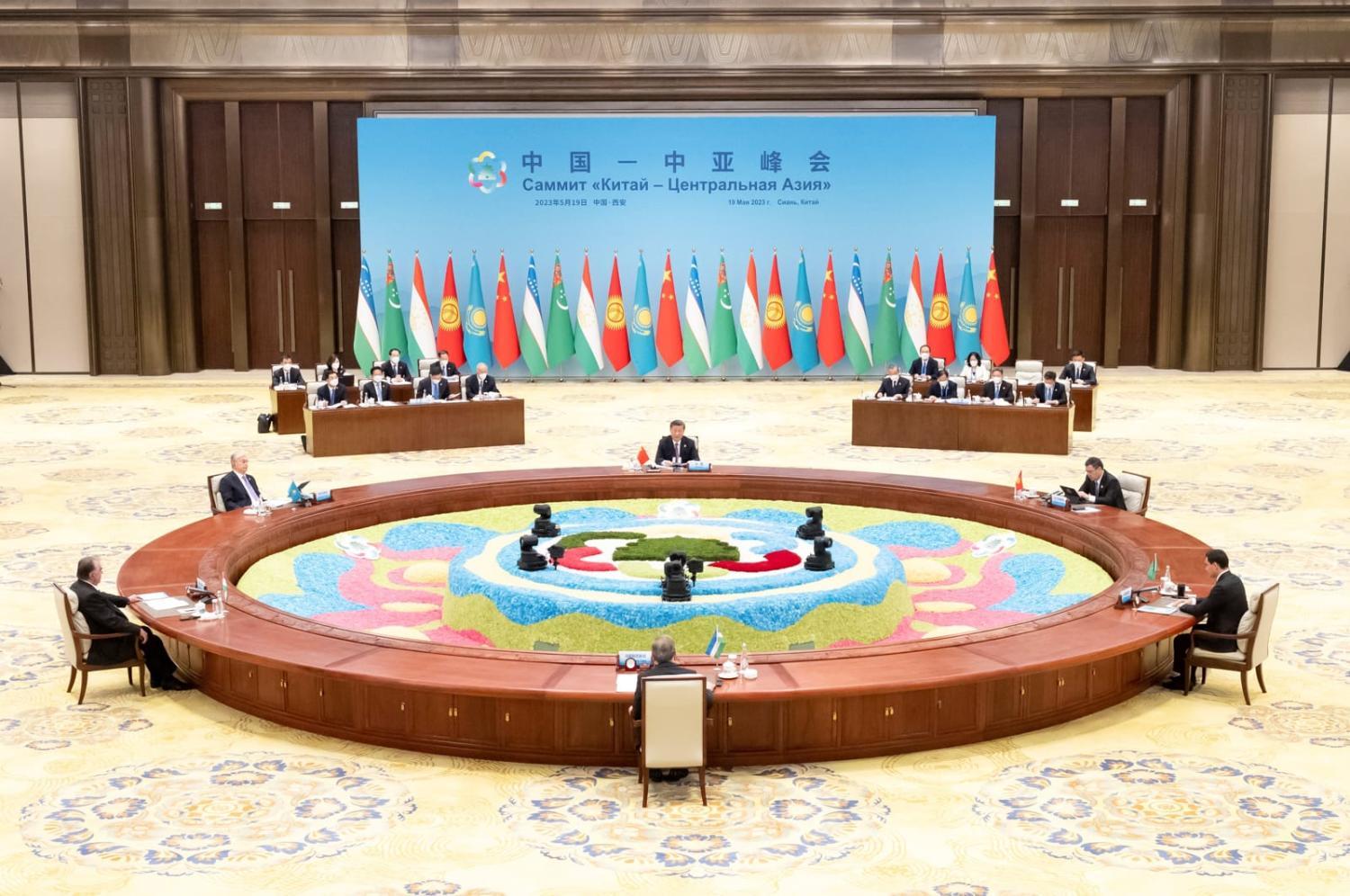Is Russia losing grip in Central Asia? Making myth a reality
The recent geopolitical fragmentation caused by the Russo-Ukraine war has significantly shifted the traditional balance of power in the Eurasian continent, paving the way for external influence and the rise of Chinese influence, while Russia is witnessing influence decline in its immediate neighbourhood.
As in the case of the Central Asian region, it has long been considered a geopolitical backwater or Russia's "geopolitical backyard" since the collapse of the Soviet Union. As a result, the region remained out of the Western sphere of influence until 2022.
Nevertheless, the significance of Central Asia has long been acknowledged in international affairs. Unlike Western actors, China managed to become a key regional actor in Central Asia through its mega economic projects and massive investments. For instance, in May 2023, China announced an additional $3.7 billion in investments in Central Asia.

China has continuously engaged in Central Asia and enhanced its involvement. Among recent contributions from China, its impact on Central Asia’s energy sector has been especially influential through its participation in energy renewables and infrastructure.
A leading Chinese company involved in photovoltaic mounting systems, Antaisolar, recently signed its largest solar deal in Central Asia, committing to supply a 470 MWp Solar Tracking System to Enter Engineering, an Uzbekistan-based engineering, procurement, and construction (EPC) contractor.
Indeed, China’s rapidly growing influence in Central Asia stirred debates in Russia and the West about whether the war in Ukraine is increasingly challenging Moscow's political, military, and economic dominance, leading to a loss of influence over the former Soviet countries in Central Asia. Supporters of the narrative argue that in line with Russia's dwindling power, Beijing is becoming more and more willing to defend its regional interests.
Undoubtedly, the war has damaged not only Russia's political power in the region but also its soft power, while relations between Moscow and Central Asian nations fluctuated to some extent due to nationalist statements of Russian politicians and state officials. Nevertheless, it is too early to claim that Russia's influence in Central Asia is waning, making it vulnerable compared to other regional actors.

Notwithstanding political agenda and geostrategic interests, China is not aiming to be the dominant player in Central Asia or fill a power vacuum. Instead, by shoring up ties with its neighbors, China appears to be primarily focused on maintaining stability in its Western periphery. This, in turn, would help construct a buffer zone to effectively manage its persistent security challenges to the east in the Asia-Pacific region.
Although China actively develops additional mechanisms to maintain influence in Central Asia, it set certain red lines in relations with regional states in order to avoid any potential confrontation with Russia. Despite weakening influence, in reality, the countries of the region are still heavily dependent on Russia. Russia remains an important player in terms of imports.
Moreover, a solid presence in Central Asia and a continuous footprint enables Beijing to outplay the Western actors, namely the United States (US). In the last few years, the US has declared Beijing a "strategic competitor" and is involved in regional flashpoints centred around the East and South China Seas, including Taiwan.
The recent events in the Middle East and the Red Sea in light of the Israel-Hamas war suggest that China’s interest in Central Asia will grow eminently as endless crises cause delays and an uncomfortable uptick in prices; it highlighted the importance of Central Asia as a secondary route between China and Europe.

As global powers are caught in devastating conflicts in the Middle East and the Russo-Ukraine war, China keeps investing in major infrastructure projects in Central Asia to boost the development of the Middle Corridor transit route and ensure better connectivity in Asia and the Caucasus.
As a result, the Middle Corridor—and the countries along it, especially Central Asian states—are now receiving special attention. 2023 saw much discussion around the corridor, with high-level hora and summits covering the topic, including the first-ever C5+1 Presidential Summit, the inaugural China-Central Asia Summit, the Forty-Ninth G7 Summit, the Trans-Caspian Forum, the Astana International Forum, and more.
The Kremlin is unhappy about China’s success, but it cannot be vocal about it. The importance of Chinese aid and indirect support for Ukraine takes precedence for Moscow and will shape its approach toward Beijing as long as the confrontation with the West continues.








